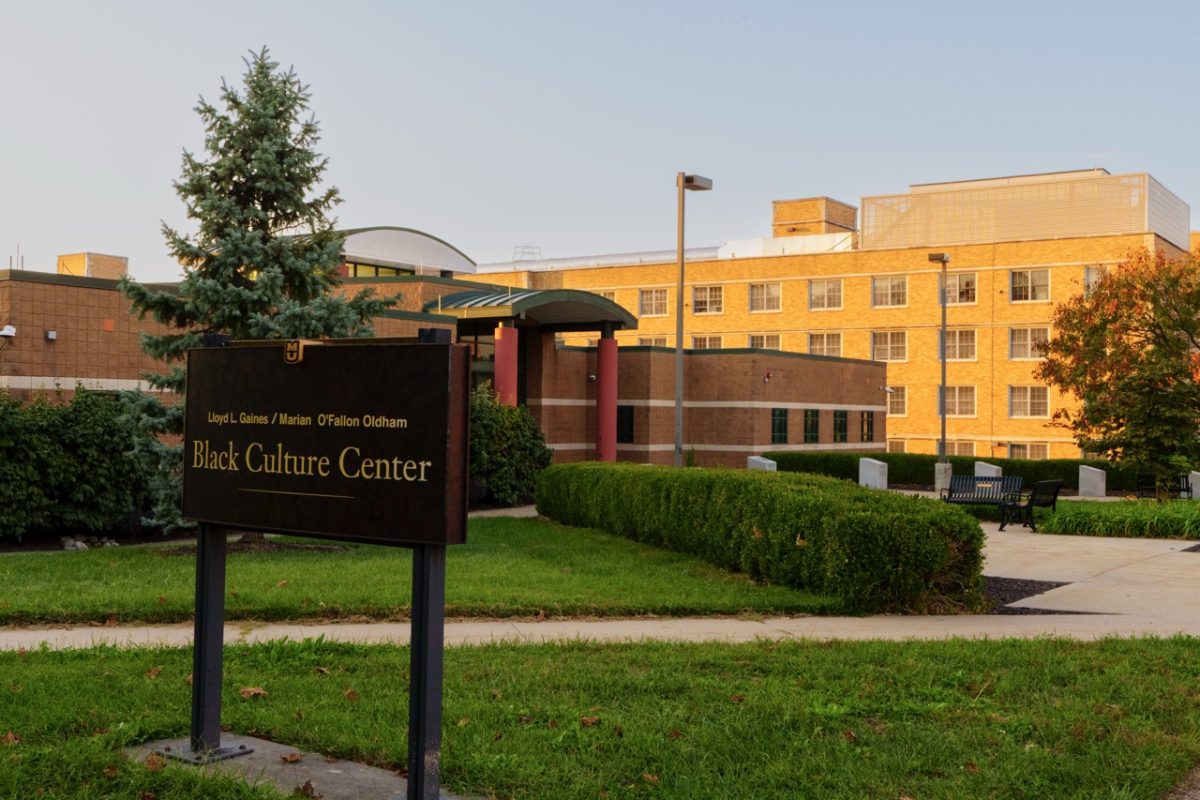A proposal to revise parts of the MU Business Policy and Procedures Manual regarding free speech was submitted at the Faculty Council meeting on Sept. 28.
“I believe in free speech, and these changes will promote free speech,” said Art Jago, Faculty Council Academic Affairs Committee chairman.
Bans on chalking sidewalks, distributing written materials without prior approval and the use of sound amplification devices, as well as a line in the BPPM requesting that people approached by the media first contact the MU News Bureau, are addressed in the proposal.
The BPPM “contains system-wide policies and campus-specific regulations, guidelines and procedures” regarding “daily business operations of the University,” according to the online version of the manual. Parts of the manual come from the UM System’s Collected Rules and Regulations, and rules from the BPPM can be found in the M-Book.
The process for revising the BPPM, which is copyrighted by the Board of Curators, is not explained clearly in the manual itself or on the MU or UM System websites.
“If you look in this document there’s no apparent method by which the document can be revised,” Jago said. “But I think that if the Faculty Council endorses a change, hopefully the [interim] chancellor and his staff will consider it.”
Currently, using chalk on campus is not permitted. The proposal calls for this ban to be overturned and replaced with a rule that would only limit the use of chalk on vertical surfaces or under coverings where chalk would not easily be washed away by rainfall.
“It’s hard to find a university that doesn’t permit students to chalk sidewalks for purposes of publicizing an event, promoting student elections or engaging in free speech,” Jago said. “It’s a rule and it shouldn’t be.”
Jago has looked at and is still researching the policies of other comparable institutions.
The first two motions, regarding chalking and the distribution of written materials, are adapted from policies at the University of Illinois, while the proposed changes in the fourth motion come from the University of Michigan.
“The language that I found at the University of Illinois sounded reasonable,” Jago said. “I didn’t want to reinvent the wheel.”
Unlike the other revisions, the third motion of the proposal does not recommend a change of policy. This motion instead asks that the line “Please contact the News Bureau promptly when you anticipate that you might be approached by a reporter or when a reporter contacts you” from section 5:090 of the BPPM be removed.
“It’s not a requirement, but the way [the line] is phrased could be interpreted as more than a request,” Jago said. “If I’m an untenured faculty member or non tenured track faculty member, I might find that just a tad bit intimidating. And I can exercise my free speech about what’s happening on campus without first going to the News Bureau and their PR people.”
The proposal was written and submitted in response to recommendations by the Ad Hoc Joint Committee on Protests, Public Spaces, Free Speech & the Press, Jago said.
The committee was formed by Faculty Council and interim Chancellor Hank Foley to examine the protests of fall 2015 on Carnahan Quad and to recommend both a policy of how public spaces on campus should be regulated and a process for resolving future conflicts.
The charge of the committee is not to revise current conduct rules or grievance procedure, committee chair Robert Jerry said.
The committee’s Policy on Use of University Facilities and Grounds is intended to provide “40 content-neutral, minimally necessary standards and procedures,” according to the General Principles section of the document.
“[Content neutrality] is a principle that applies to any kind of government agency with respect to any kind of First Amendment issue,” Jerry said. “You can’t have a rule that says you can have protests in Carnahan Quad as long as I like the content of the protests. That is not content neutral, and giving favor to one point of view over another is not permitted.”
Because the committee is not examining whether current rules restrict free speech on campus, rules that Jago feels should be removed or changed are listed in drafts of the committee’s policy that have been circulated for review.
After reading the draft, Jago decided that certain rules “should be changed before they are further codified in [the recommendations of the committee],” Jago said.
Though the committee does not feel that it is their role to revise current regulations, some members of the committee do support the revision of out of date or inadequate rules, Jerry said.
“I think that I can say that there is a consensus on the committee that some of the rules need to be revised that touch upon or are implicated by this policy,” Jerry said. “I know that I’m certainly, for my part, going to make some recommendations about these rules.”
The proposal is not a complete overhaul or an extensive list of issues.
“These I consider to be clean-up issues,” Jago said. “I’m sure other matters will come up, but these are matters that stood out for me as matters that we could do something about now, before the free speech document is finalized.”
Each individual motion of the proposal will be voted on at the next meeting on Oct. 20.
_Edited by Claire Mitzel | [email protected]_













